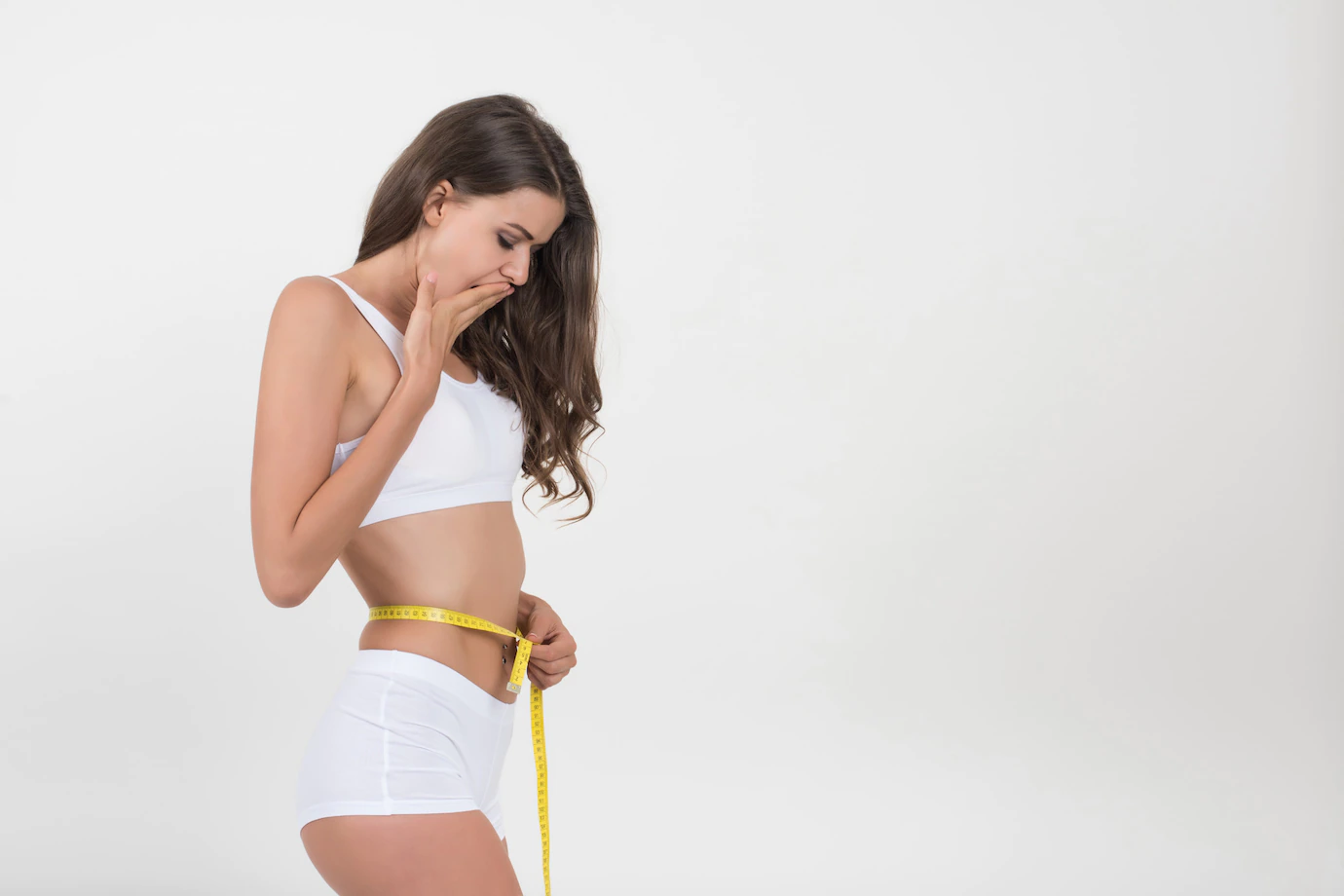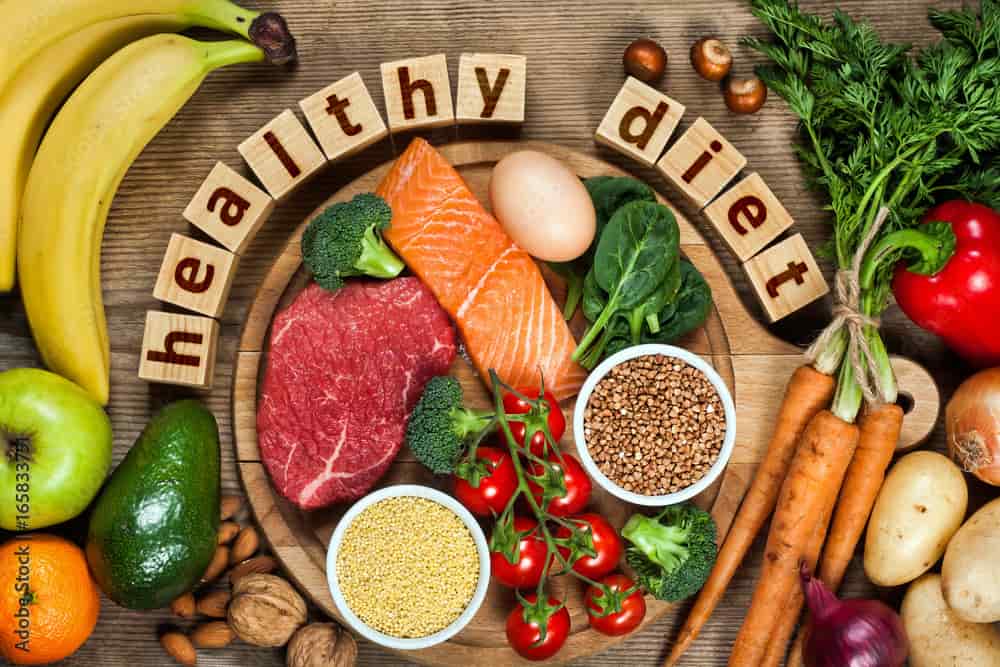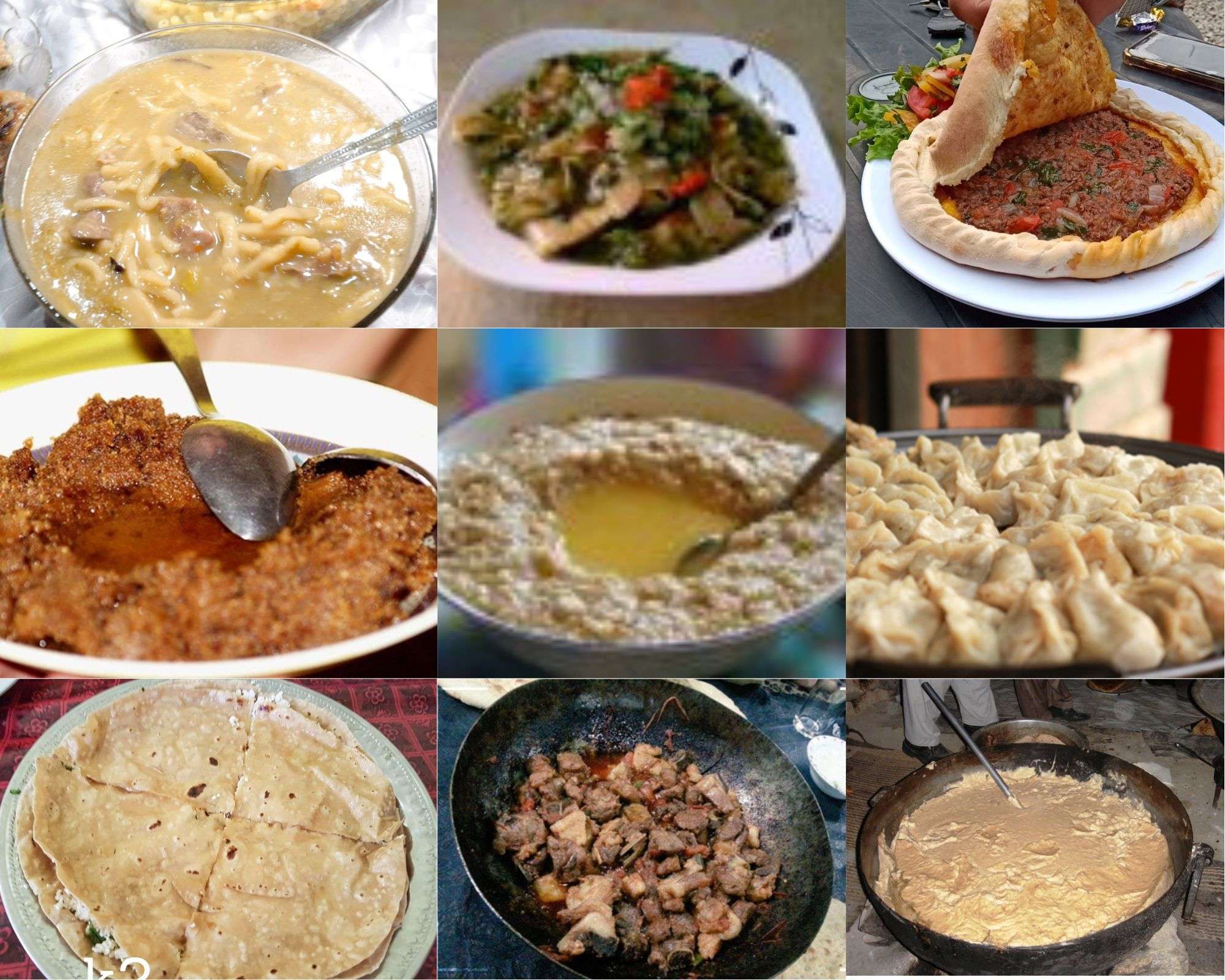The best foods for weight loss depend on a person’s individual needs, preferences, and health goals. However, some general tips can help people make healthy choices when trying to lose weight:
Eat plenty of fruits, vegetables, and whole grains: These foods are high in fiber, which can help keep you feeling full and satisfied.
They are also low in calories and packed with nutrients, making them a healthy choice for weight loss.
Choose lean proteins: Lean proteins such as chicken, fish, beans, and tofu can help you feel full and satisfied, and they are generally lower in calories than other sources of protein.
Limit added sugars and unhealthy fats: Foods that are high in added sugars and unhealthy fats (such as processed snacks and fast food) can contribute to weight gain and should be limited when trying to lose weight.
Eat at regular intervals: Eating at regular intervals, such as every 3-4 hours, can help keep your hunger in check and prevent overeating.
Drink plenty of water: Water can help keep you hydrated and may also help you feel full, which can help with weight loss.
It’s also important to remember that weight loss is not just about the foods you eat, but
also, about getting regular physical activity and finding a healthy balance
between food intake and energy expenditure.
what foods are good to gain energy without fats?

Many foods can provide a boost of energy without adding excess fat to your diet. Here are some examples:
Fruits and vegetables: Many fruits and vegetables are rich in complex carbohydrates and are a good source of energy. Some examples include apples, bananas, berries, spinach, and sweet potatoes.
Whole grains: Whole grains such as quinoa, oats, and brown rice are also rich in complex carbohydrates and can provide a slow, sustained release of energy.
Lean proteins: Lean proteins such as chicken, fish, beans, and tofu can provide energy and help keep you feeling full and satisfied.
Nuts and seeds: Nuts and seeds are a good source of healthy fats and protein, which can provide sustained energy. Some examples include almonds, chia seeds, and pumpkin seeds.
Water: Staying hydrated is important for maintaining energy levels. Water can help keep you hydrated and may also help you feel more energized.
It’s also important to remember that a healthy, balanced diet that includes a variety of
foods are the best way to ensure that you are getting all of the nutrients you
need for optimal energy.
how to make a balance diet for weigh loss ?

Eat a variety of foods: Try to include a wide range of foods in your diet, including fruits, vegetables, whole grains, lean proteins, and healthy fats. This will help ensure that you are getting all of the nutrients you need.
Pay attention to portion sizes: It’s important to be mindful of how much you are eating, as consuming more calories than you burn can lead to weight gain.
Choose nutrient-dense foods: Instead of filling up on empty calories from unhealthy foods, opt for foods that are packed with nutrients.
Limit added sugars and unhealthy fats: Foods that are high in added sugars and unhealthy fats (such as processed snacks and fast food) should be limited in a balanced diet.
Drink plenty of water: Water is essential for good health and can help keep you hydrated and feeling full.
Consider your personal needs and preferences: Everyone has different nutritional needs and preferences. Consider your age, gender, activity level, and any health conditions you may have when planning your meals.
It may also be helpful to consult with a registered dietitian, who can provide personalized nutrition advice based on your specific needs and goals.
how much calories did human body should intake during weight loss ?

The number of calories a person needs depends on a variety of factors, including their age, gender, weight, height, and activity level. In general, the average adult needs:
- Sedentary adults: Sedentary adults who do not engage in regular physical activity may need around 1,600-2,000 calories per day.
- Moderately active adults: Adults who engage in moderate physical activity, such as walking or cycling, for at least 150 minutes per week may need around 2,000-2,600 calories per day.
- Active adults: Adults who engage in high levels of physical activity, such as running or playing sports, may need 2,400-3,000 calories or more per day.
To determine the specific number of calories you need, you can use an online calculator or consult with a healthcare professional. It’s also important to remember that calorie needs can change over time, so it’s a good idea to periodically reassess your needs and adjust your diet accordingly.



